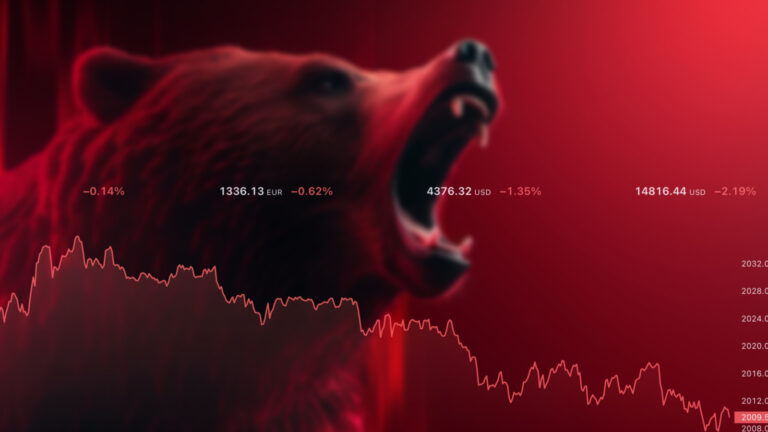No. We are NOT at new real highs for any market average.
Money illusion, in behavioral finance, is a cognitive bias where individuals interpret their income and wealth in nominal terms, rather than real terms. This results in a misconception about the true value of money over time, often leading to a misunderstanding or underestimation of the effects of inflation.
This concept, initially coined by economist John Maynard Keynes, warns of the potential pitfalls in financial decision-making where individuals may overlook the impacts of inflation, which can erode the real value of savings and investments. Therefore, it’s crucial to understand the difference between nominal and real value to make informed financial decisions.
Money Illusion Hides Inflation Hit
On X, I see bulls screaming about how this isn’t a bear market. “Look at the Dow!” “Look at the S&P 500!”
Did people forget about inflation?
Does an investment in the S&P 500 buy the same amount of things it did back in 2021?
After inflation, we are still 12% away from the inflation-adjusted high.
We are still in a real purchasing power drawdown for equities.
This isn’t open for debate. If stocks go up 3% and inflation is 5%, you’ve lost purchasing power.
I have said from day one that you don’t know if you’re in a real bull market until after you’ve taken out the prior real inflation-adjusted high. A bull market isn’t about some percentage move off a bottom, but whether you’ve outpaced inflation.
Now what do you do with this information? In truth – not much. This is about perspective. We COULD be in a bull market, but we can’t say that for sure until you’ve taken out the prior real peak. So, path does still matter more than prediction. To that end, the perspective around whether it’s a bull market or not relates directly to overconfidence.
Overconfidence in behavioral finance is a cognitive bias that can be classified into three types: overestimation, overplacement, and overprecision.
Overestimation refers to an individual’s overconfidence in their abilities or knowledge, overplacement is the belief that they are better than others, and overprecision is the excessive faith in the accuracy of their beliefs or predictions. Overconfidence can lead to investment failures and incorrect behavior.
The Bottom Line
Understanding overconfidence is critical as it could potentially lead to profit-making opportunities and help avoid inconsistencies with traditional financial models.
Overconfidence that it’s for sure a bull market leads to leverage, excessive risk-taking, and crashes.
So, define things properly, and recognize that the crowd may very well not realize that we are still in a bear market after all once you factor in inflation.
On the date of publication, Michael Gayed did not hold (either directly or indirectly) any positions in the securities mentioned in this article. The opinions expressed in this article are those of the writer, subject to the InvestorPlace.com Publishing Guidelines.

